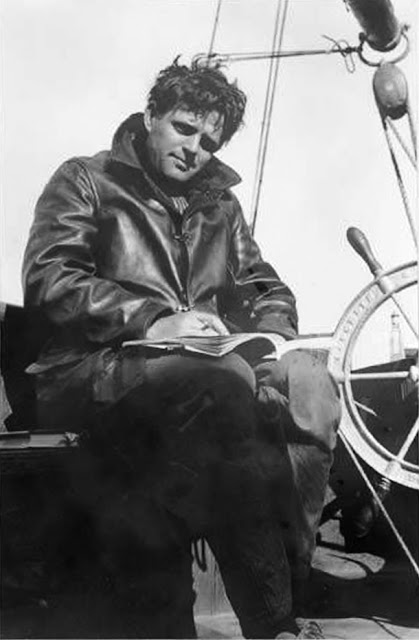The sky is lead and our faces are red,
And the gates of Hell are opened and riven,
And the winds of Hell are loosened and driven, And the dust flies up in the face of Heaven,
And the clouds come down in a fiery sheet,
Heavy to raise and hard to be borne.
And the soul of man is turned from his meat,
Turned from the trifles for which he has striven
Sick in his body, and heavy hearted,
And his soul flies up like the dust in the sheet
Breaks from his flesh and is gone and departed,
As the blasts they blow on the cholera-horn.
Himalayan
Four men, each entitled to ‘life, liberty, and the pursuit of happiness’, sat at a table playing whist. The thermometer marked – for them – one hundred and one degrees of heat. The room was darkened till it was only just possible to distinguish the pips of the cards and the very white faces of the players. A tattered, rotten punkah of whitewashed calico was puddling the hot air and whining dolefully at each stroke. Outside lay gloom of a November day in London. There was neither sky, sun, nor horizon – nothing but a brown purple haze of heat. It was as though the earth were dying of apoplexy.
From time to time clouds of tawny dust rose from the ground without wind or warning, flung themselves tablecloth-wise among the tops of the parched trees, and came down again. Then a-whirling dust-devil would scutter across the plain for a couple of miles, break, and fall outward, though there was nothing to check its flight save a long low line of piled railway-sleepers white with the dust, a cluster of huts made of mud, condemned rails, and canvas, and the one squat four-roomed bungalow that belonged to the assistant engineer in charge of a section of the Gaudhari State line then under construction.














